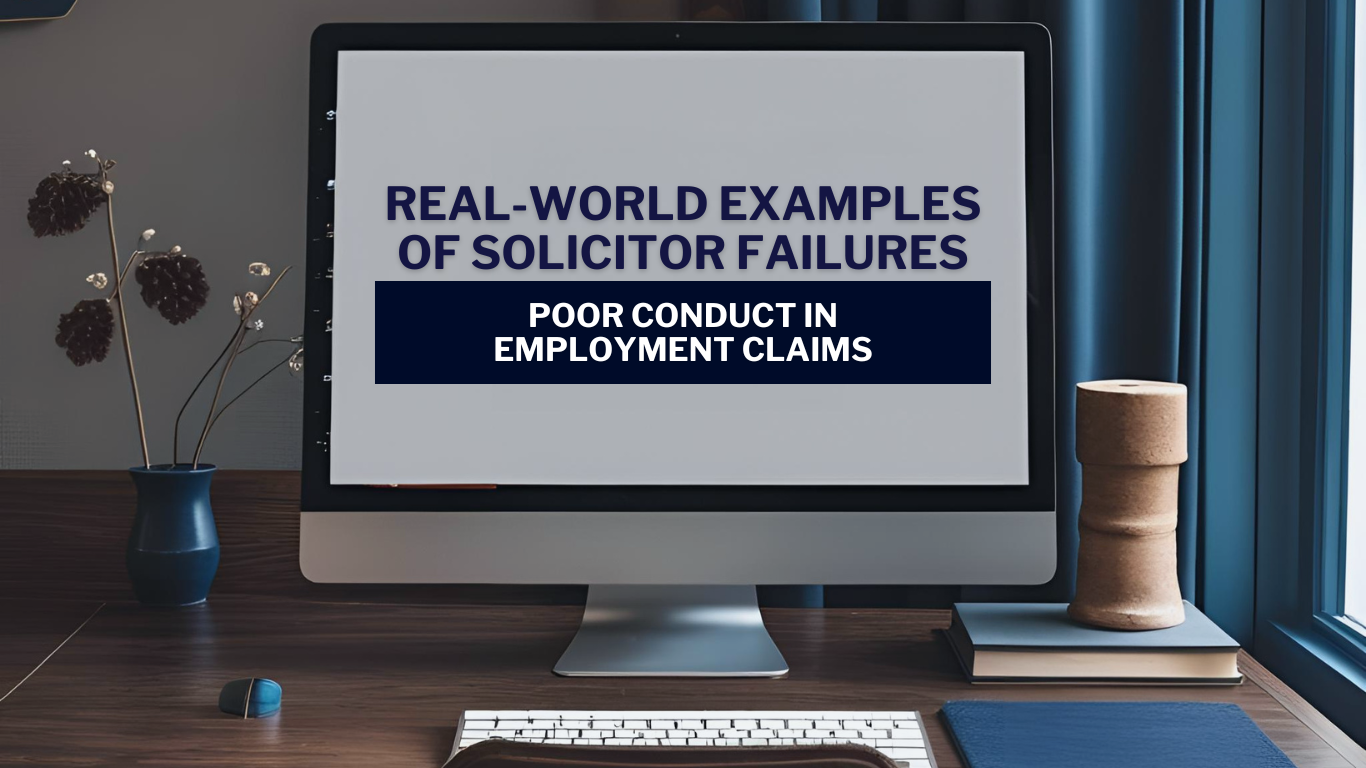By David Gordon
•
min read


Key Points:
Do you ever get sent someone’s terms and conditions and, as your mouse hovers over a check box asking you to “click here” to agree, you wonder whether you should call a lawyer?
The answer I would give is “No”; you don’t need to call, email or even arrange a meeting.
If you want to know why I say this read on.
When might I need a lawyer?
When you are an entrepreneur growing a business, or a business owner or a director managing risk - judging when to get legal advice and how much to spend can be tricky. This decision is very often a judgement call. Sometimes you only find out the answer to that question many months later - when something has gone wrong. The vast majority of transactions and business relations do not need a lawyer’s intervention. But some do. The key question then is; does your contract need legal advice? And how do you know when you need to instruct a lawyer?
Business contracts can come in many forms. Some of the key ones that I advise on include; Non-Disclosure Agreements, Terms and Conditions, Consultancy Agreements, Contracts for Services, Shareholder Agreements, Articles of Association, Share Purchase Agreements, Business Sale Agreements.
Did I need to instruct a lawyer?
If you’ve ever had to deal with any of these then most likely you have either had a lawyer review them or considered instructing someone to do so. But was it really necessary?
With the advent of open source AI many people, including lawyers, are asking whether AI could draft a contract for them. The short answer to that question is yes, it could. Before AI there were already template contracts available for purchase on the web, and even before then some people (shhh, don’t tell anyone!) would sometimes copy their competitor’s terms and conditions and adapt them for use in their own business. So the simple answer is that there are plenty of resources already out there to help you draft your own contracts and help you manage your risk; none of which initially need the help of a lawyer.
So if you were going to draft your own contract, or review one that has been sent to you, what should you look out for?
What makes a good contract?
One of the best pieces of advice I was ever given in relation to unravelling the secrets of a contract was that in almost all agreements the key terms are contained within (often the first) 3 - 4 clauses. These are the ones which anchor the overall agreement and define the relationship between the parties. So what should be in these clauses?
What are the essential terms?
In Summary
Arguably if you get the key elements of an agreement correct then the rest of the terms fall into place, and in my view there is a fair amount of “safe space” to negotiate basic commercial terms or a heads of agreement with “open source” resources.
So do you need a lawyer for all of that? No. But should you ever call a lawyer?
Well that’s a very different question altogether. In simple terms, when the agreement is technical, complex or high value (for example if you are buying or selling a business) then you may want to consider taking advice. So in those situations – YES, that is the time to make the call and seek legal advice.
If you want to have a 30 minute complimentary initial conversation with us to discuss any of the above issues please get in touch.
If you would like legal advice on any contracts you are dealing with or further information on any or the above, please contact our corporate specialists below.
Get in touch